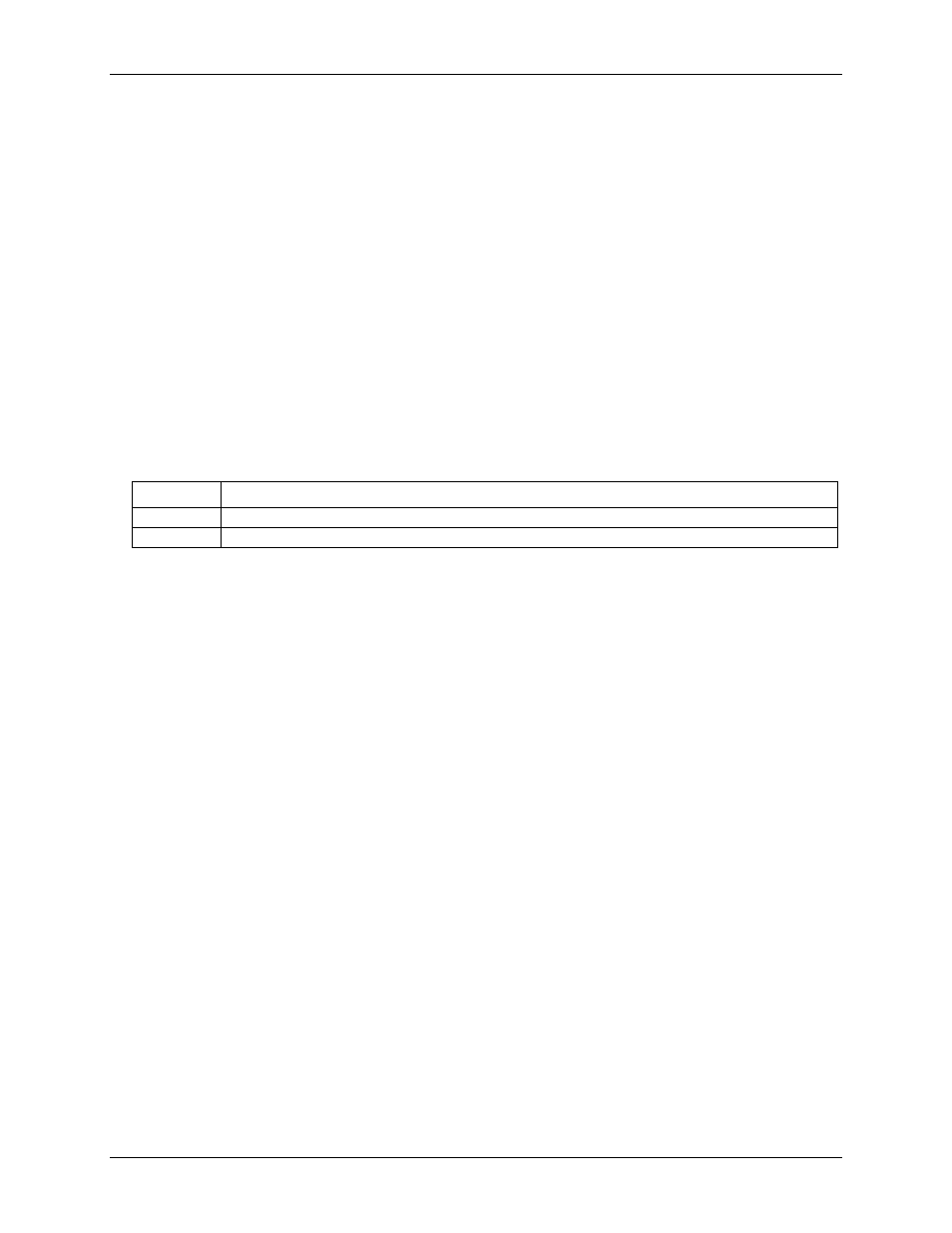Sync jumper (p6), Trigger jumper (p7), Usb connector – Measurement Computing USB-7204 User Manual
Page 12: Led indicators, Screw terminals

USB-7204 User's Guide
Functional Details
12
Sync jumper (P6)
The Sync jumper internally connects the SYNC pin on the Trigger/Sync connector to the SYNC pin on the
screw terminal. Remove this jumper on boards that will not send/receive the SYNC signal through the
SYNC/TRIG connector. Refer to Figure 2 on page 10 for the location of this jumper.
Trigger jumper (P7)
The Trigger jumper internally connects the TRIG_IN pin on the Trigger/Sync connector to the TRIG_IN pin on
the screw terminal. Remove this jumper on boards that will not send/receive the TRIG signal through the
SYNC/TRIG connector. Refer to Refer to Figure 2 on page 10 for the location of this jumper.
USB connector
The USB connector provides +5 V power and communication. The voltage supplied through the USB connector
is system-dependent, and may be less than 5 V. No external power supply is required.
This connector operates in parallel with the OEM connector — do not connect to both the USB connector and
the OEM connector.
LED indicators
The USB-7204 has LEDs for power and communication status. See Figure 2 for the location of each LED.
LED type
Indication
Power
Steady green: The device's microcontroller is connected to a computer or external USB hub.
Status
Blinking green: data is being transferred over the USB bus.
Screw terminals
The screw terminals provide the following connections:
Eight analog input connections (
CH0 IN
to
CH7 IN
)
Two analog output connections (
D/A OUT 0
to
D/A OUT 1
)
One external trigger source (
TRIG_IN
)
One SYNC terminal for external clocking and multi-unit synchronization (
SYNC
)
One external event counter connection (
CTR
)
Five analog ground connections (
AGND
)
One ground connection (
GND
)
16 digital I/O connections (
Port 0 Bit 0
to
Port 0 Bit 7
, and
Port 1 Bit 0
to
Port 1 Bit 7
)
One output power connection (
+5V
USER
)
Three ground connections (
GND
)
Screw terminal connections are shown in Figure 4.
